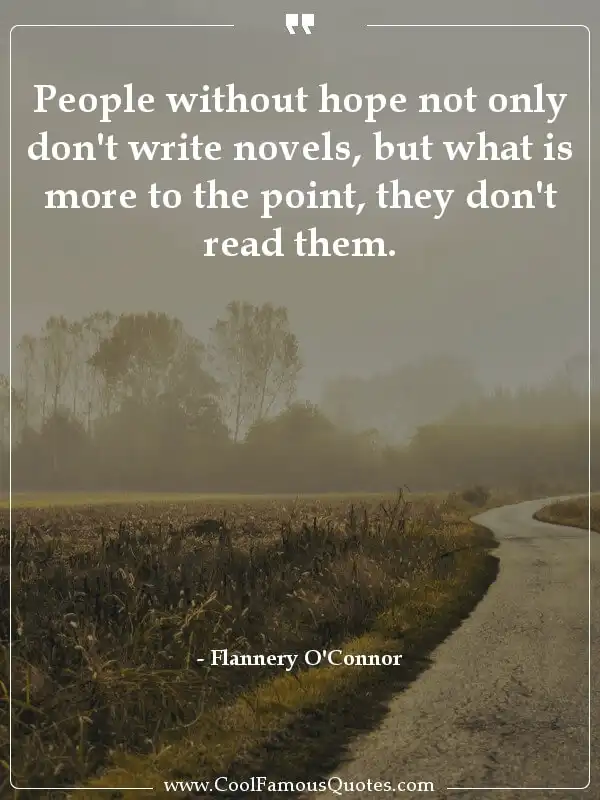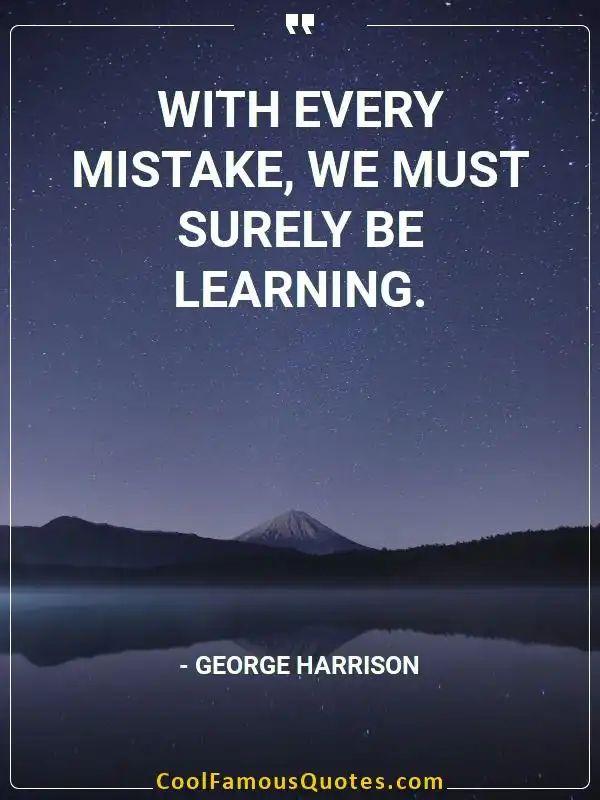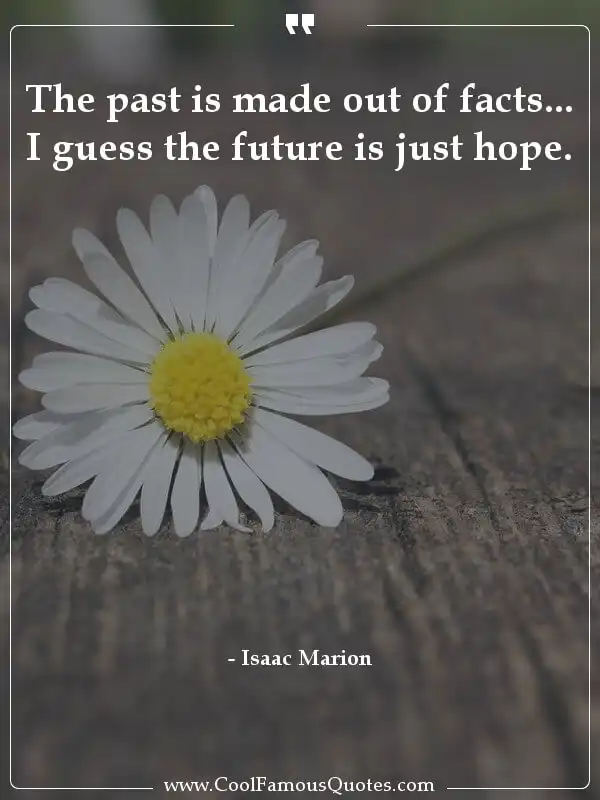“Men have had every advantage of us in telling their own story. Education has been theirs in so much higher a degree; the pen has been in their hands. I will not allow books to prove anything.”
Decryption of quote
Men have had every advantage of us in telling their own story. Throughout history, men have been the ones to hold the power of storytelling. They have been the ones to shape the narrative, to decide what is important and what is not. Their voices have been amplified, their perspectives elevated. Women, on the other hand, have often been relegated to the sidelines, their stories deemed less important or less worthy of being told.
Education has been theirs in so much higher a degree. Men have traditionally had greater access to education, which has allowed them to not only tell their own stories, but also to shape the stories of others. This imbalance in education has perpetuated a cycle where men's voices are heard more loudly and more frequently, while women's voices are often silenced or ignored.
The pen has been in their hands. The power to write, to record history, to shape the narrative has historically been in the hands of men. They have been the ones to wield the pen, to decide whose stories are worth telling and whose are not. This imbalance in storytelling has led to a skewed version of history, one that often excludes or marginalizes the experiences of women.
I will not allow books to prove anything. This quote challenges the idea that books and written records are the ultimate authority on history and truth. It suggests that the stories we tell and the narratives we believe are not always objective or unbiased. Instead, they are shaped by the perspectives and biases of those who hold the power to tell them.
It is a call to question the stories we have been told, to challenge the narratives that have been handed down to us. It is a reminder that history is not fixed or immutable, but rather a fluid and ever-changing tapestry of perspectives and experiences. By questioning the stories we have been told and seeking out diverse voices and perspectives, we can begin to uncover the untold stories and hidden truths that have been overlooked or ignored.
It is a call to action, a challenge to rewrite the narrative and reclaim our stories. It is a reminder that we have the power to shape our own stories, to challenge the status quo, and to create a more inclusive and equitable world. By amplifying the voices of those who have been marginalized and silenced, we can begin to create a more just and equitable society where all stories are valued and heard.
It is a reminder that the power to shape the narrative is not limited to those who hold the pen, but is a collective power that we all possess. By coming together and sharing our stories, we can begin to create a more inclusive and diverse narrative that reflects the richness and complexity of human experience. It is a call to action, a challenge to rewrite the narrative and reclaim our stories.
It is a reminder that history is not just a collection of facts and figures, but a living, breathing tapestry of stories and experiences. By questioning the stories we have been told and seeking out diverse voices and perspectives, we can begin to uncover the untold stories and hidden truths that have been overlooked or ignored. It is a call to action, a challenge to rewrite the narrative and reclaim our stories.
It is a call to question the stories we have been told, to challenge the narratives that have been handed down to us. It is a reminder that history is not fixed or immutable, but rather a fluid and ever-changing tapestry of perspectives and experiences. By questioning the stories we have been told and seeking out diverse voices and perspectives, we can begin to uncover the untold stories and hidden truths that have been overlooked or ignored.
books life men





